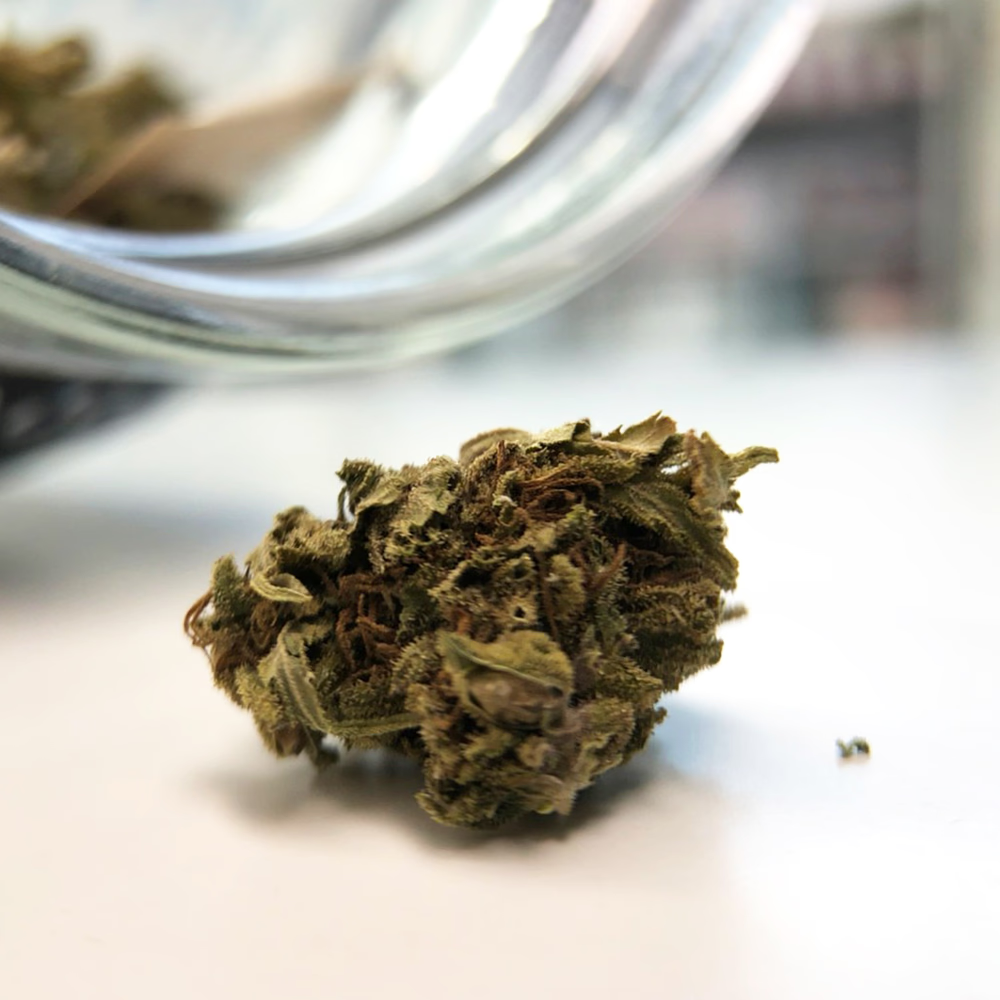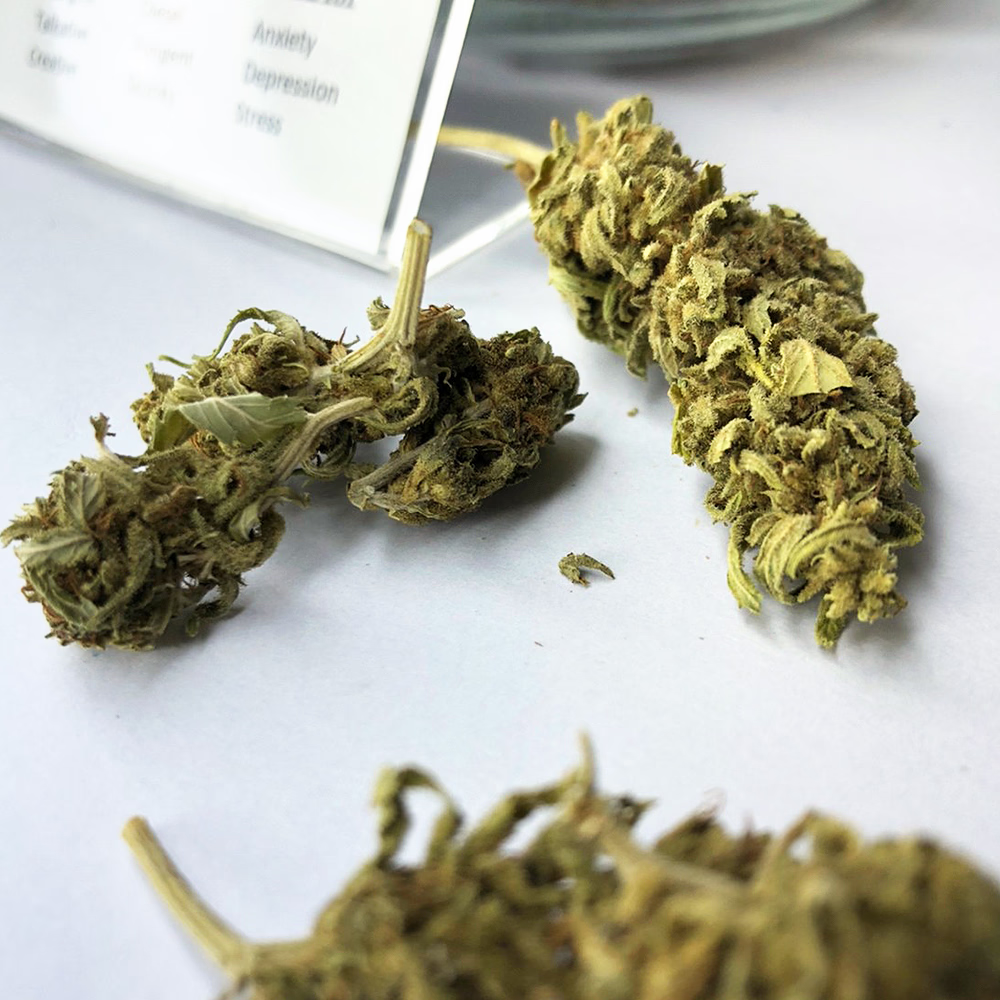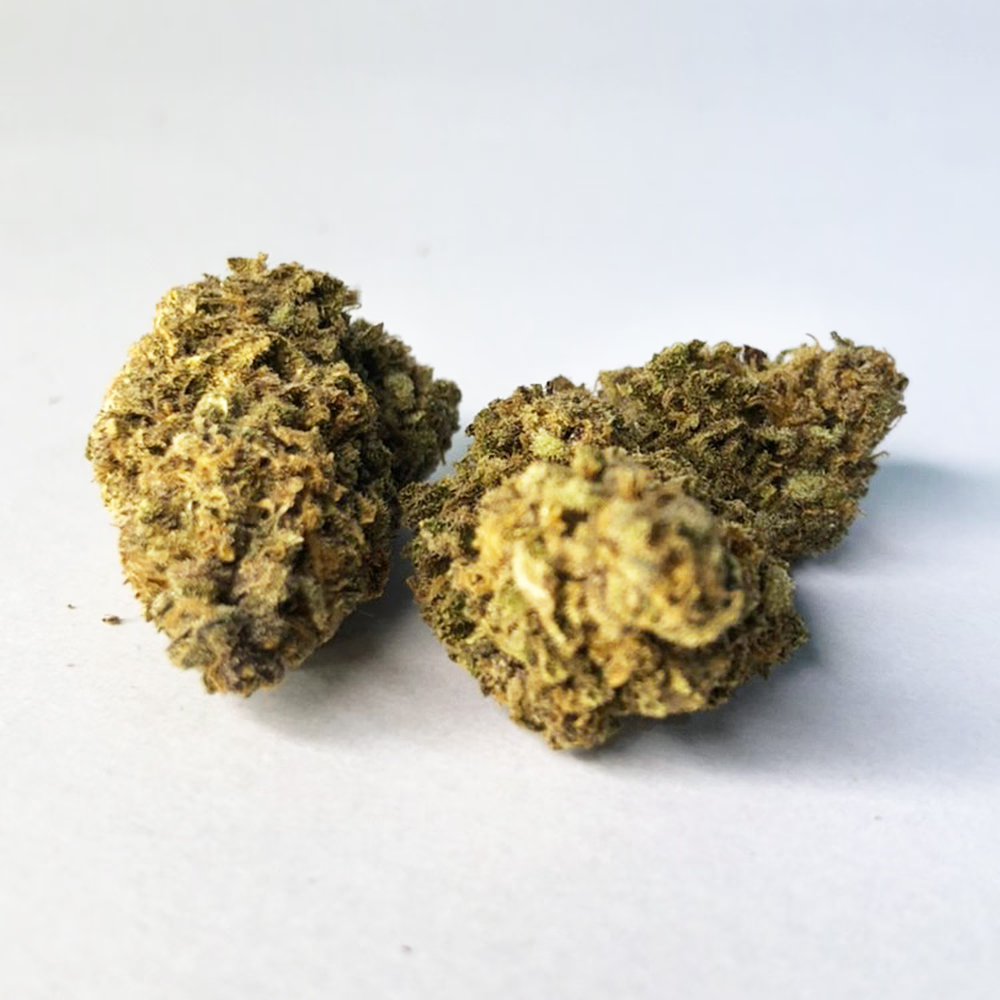Effects Of Prolonged Medical Marijuana Use

Physical Effects of Long-Term Medical Marijuana Use
The physical effects of long-term medical marijuana use are still largely unknown, as cannabis is a relatively new drug in its widespread availability and acceptance. However, there is some evidence to suggest that this form of cannabis use can have both positive and negative physical effects on users.
Effects Of Prolonged Medical Marijuana Use From the perspective of maintaining overall health, the most commonly cited benefit of medical marijuana use is its ability to relieve chronic pain and inflammation. This has been well documented in numerous studies, with one finding that medical marijuana effectively reduces multiple types of pain, such as neuropathic (nerve) pain and cancer-related pain. Additionally, it has been shown to reduce nausea associated with chemotherapy treatments for cancer patients.
In terms of mental health benefits, a growing body of evidence suggests that cannabis may benefit those suffering from depression or anxiety disorders. One study found that daily doses of cannabidiol (CBD) were associated with reduced symptoms in people with generalized social anxiety disorder. Furthermore, research suggests that regular cannabis consumption can help improve sleep quality in individuals with insomnia or other sleeping issues.
On the other hand, there are also potential risks associated with long-term medical marijuana use. For instance, frequent consumption may increase the risk of developing respiratory problems such as bronchitis or emphysema due to smoking marijuana joints or inhaling vaporized cannabis products.
Additionally, some users may experience increased heart rate and blood pressure after consuming large amounts of THC (the primary psychoactive component in cannabis). It is important to note that these cardiovascular effects are only temporary and will subside shortly after consumption stops; however, they should still be considered when deciding whether to consume marijuana products regularly over an extended period.

Mental Health Benefits of Long-Term Medical Marijuana Use
It is well known that marijuana contains several substances that interact with the endocannabinoid system of our bodies, which controls mood and emotion. When ingested, cannabinoids like THC and CBD bind to brain receptors and affect the body and the mind.
Cannabinoids may be able to reduce the symptoms of anxiety and depression by modulating neurotransmitter systems involved in reward processing and emotion regulation, according to research.
According to one study, participants who had used cannabis for a more extended time than those who hadn't or didn't consider themselves frequent experienced lower stress levels.
The study also revealed that women were more affected by these benefits than men. It is crucial to remember that, despite any potential short-term advantages of cannabis usage (such as sedation), these advantages should not be mistaken with medically recommended therapy or other conventional treatments.
Due to cannabis' capacity to lower stress and anxiety levels linked to insomnia, long-term users may also report better sleep quality. The endocannabinoid system, which controls sleep cycles, is thought to be directly impacted by cannabinoids. It makes it more straightforward for people with insomnia or other sleeping disorders linked to stress or anxiety to get better restorative sleep consistently.
Additionally, research on animals points to the possibility that some cannabinoids have neuroprotective qualities that could assist in maintaining cognitive function over time by lowering inflammation in the brain brought on by age-related disorders like Parkinson's or Alzheimer's.
Analyzing Interactions between Cannabinoids and Other Medications Used to Treat Chronic Conditions
As more and more states continue to allow the use of medical marijuana, its use has grown in popularity over the past several years. Cannabis can be used to treat a variety of ailments, including chronic pain, nausea, anxiety, depression, and seizures.
Analysis of interactions between cannabinoids and other drugs used to treat chronic disorders is one area of interest that is still being examined, even though research on the long-term effects of medical marijuana use on various chronic conditions is still in its early stages.
Numerous substances found in cannabis, called cannabinoids interact with the body's endocannabinoid system (ECS). The ECS assists in controlling several physiological processes, including sleep, hunger, immunological response, and inflammation, which are crucial factors in managing chronic health problems.
The ECS has two major cannabinoid receptor types: CB1 receptors, mainly located in the brain and neurological system, and CB2 receptors, mainly found in the immune system. Most cannabis' psychotropic effects are thought to be caused by THC. Still, CBD offers more visceral relief from pain or inflammation brought on by long-term health conditions.
It's vital to understand how cannabinoids may interact with any other medications you may be taking simultaneously before considering the long-term usage of medical marijuana for treating a particular ailment or sickness.
Drug-cannabis interactions are caused by the fact that many prescription medications are processed by cytochrome P450 enzymes, which can also break down various cannabis constituents. As a result, they compete for the same metabolic routes.
This indicates that there may be an interaction between an opioid painkiller like codeine or hydrocodone and cannabis-containing THC, which might lead to decreased effectiveness or even toxicity from increased amounts of either drug circulating in the bloodstream simultaneously.

Managing Pain with Long-Term Cannabis Consumption
Over the past few decades, much research has been done on the consequences of long-term medical marijuana use. Research has demonstrated that cannabis is a safe and successful treatment for chronic pain.
However, there is still more to discover. It has been discovered to significantly relieve neuropathic pain, inflammation, and muscular spasms.
Since medical marijuana has anti-inflammatory and analgesic qualities, it can be utilized as a long-term treatment for chronic pain. It helps lessen the pain's severity and enhance the quality of life when used consistently over time.
Cannabis also affects the endocannabinoid system, which controls how we react to pain. This implies that regular cannabis use can aid in regulating our bodies' built-in capacity to manage discomfort.
Long-term usage of medical marijuana has also been linked to better mental health outcomes, including improved mood, decreased anxiety levels, and reduced chronic pain symptoms.
Even greater sleep was observed by individuals in one trial who took cannabis daily compared to those who used opioids or nonsteroidal anti-inflammatory medications (NSAIDs).
Cancer patients who experience severe side effects from their therapies, such as nausea and vomiting, may find long-term usage of medical marijuana helpful. Both animal models and clinical trials, including human patients, have shown that cannabinoids efficiently alleviate these symptoms.
Further studies are required before this claim can be conclusively proven, although some studies have found that cannabinoids may even inhibit the growth of tumors in some malignancies.
It's essential to Understand that long-term medical marijuana use should always be supervised by a medical professional familiar with the drug's therapeutic potential and potential side effects, such as impaired cognitive abilities or an accelerated heart rate when taken in high doses over time.
Additionally, during therapy, a doctor should keep an eye out for any harmful effects so that they can be treated before they worsen. Finally, using cannabis while driving or using machinery is not advised because it may affect one's motor skills and judgment.



